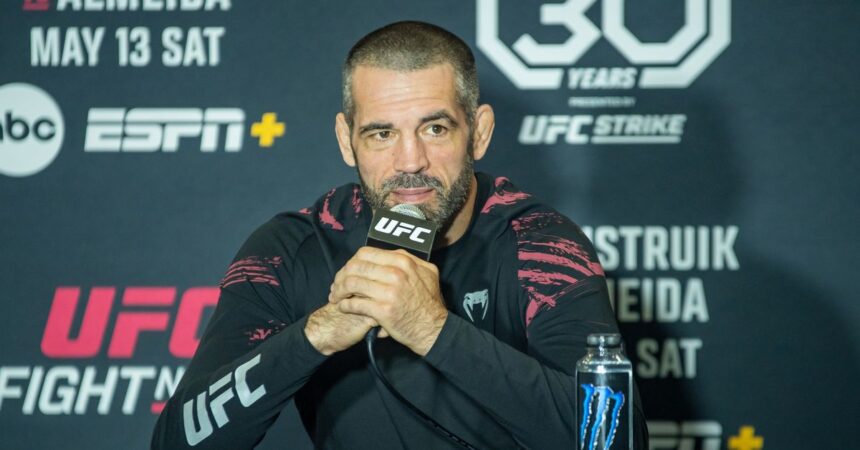In the wake of his retirement from the UFC, Matt Brown has shifted his focus towards his business ventures, such as his gym, and preparing for life after fighting. Despite not being a headline attraction or winning titles in his 16-year UFC career, Brown has accumulated valuable insight into the inner workings of the promotion. He believes that the issue of fighter pay goes beyond just demanding higher salaries from the UFC.
Brown acknowledges that UFC fighters are generally underpaid relative to the organization’s earnings but grasps the business side of the sport. He notes that it may not be realistic to expect the UFC to prioritize fair compensation for fighters when their primary goal is profit maximization, just like any other business. Brown also points out that fighters themselves bear some responsibility for not advocating for better pay over the years, admitting his own lack of resistance against the UFC’s pay structure.
Despite his positive encounters with UFC pay negotiations, Brown realizes that openly challenging the promotion on pay issues might not always benefit fighters. He suggests that defending the UFC regarding pay matters publicly could be a strategic move to safeguard future earning opportunities. Brown also touches upon the absence of a fighters’ union in MMA, underscoring the difficulties of bargaining with a powerful entity like the UFC without collective representation.
Despite persistent concerns about fighter compensation in the UFC, Brown advises aspiring fighters to consider the promotion as a platform to enhance their brand and explore additional revenue streams. He cites examples like Conor McGregor, who have used their UFC success to generate substantial income beyond the octagon. Brown stresses the significance of financial planning for fighters in a sport where retirement funds may not be as straightforward as in other professional leagues.


